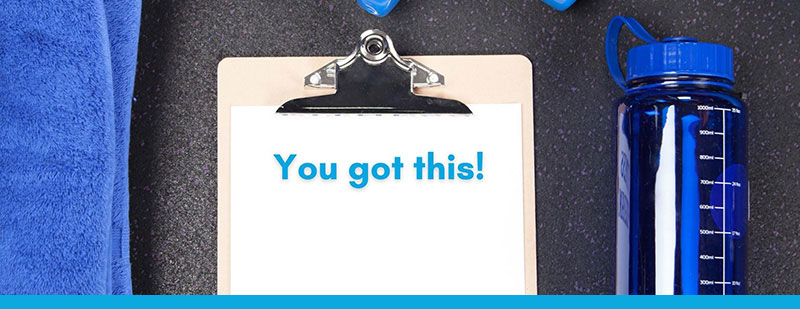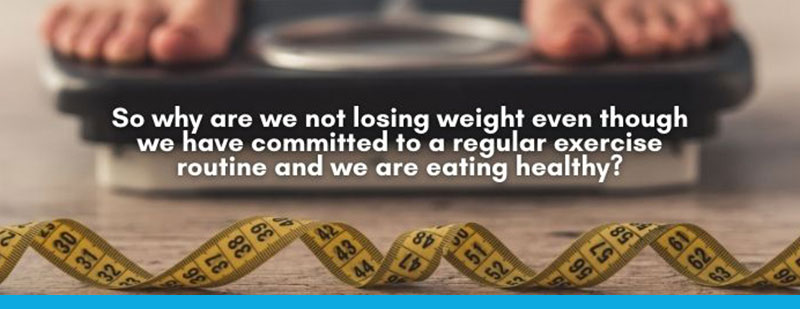Mindful Meditation
Meditation is an approach to training your mind, just as your fitness program is your approach to training your body. Researchers are now exploring whether consistent meditation practice yields long-term benefits, and noting positive effects on brain and immune function among meditators.
In this article, we explore the multiple benefits of learning to meditate and show you where to start.
The Research
Meditation-and-the-brain research has been rolling in steadily for a number of years now, with new studies coming out just about every week to illustrate new benefits of meditation.
Further to the physical benefits of meditation such as lower blood pressure, a healthier heart, a stronger immune system and improved sleep, meditation is also used to enhance our mental capabilities and give us some useful coping mechanisms.
A study, published in the journal Psychiatry Research, found that individuals with generalized anxiety disorder who participated in a Mindfulness-Based Stress Reduction (MBSR) program had a greater reduction in stress markers than a control group. Further to this, researchers have noticed that meditation helps you to understand your pain, lower your stress, connect better with your feelings and those around you and help you improve your focus.
Where to Start?
Let us walk you through the basics. It is important to note that during meditation, we need to learn how to pay attention to our breath as it goes in and out, and notice when the mind wanders from this task. This practice of returning to the breath builds the muscles of attention and mindfulness.
Set a time limit
If you’re just starting out, start with five or 10 minutes.
Be comfortable
Start by finding somewhere quiet, devoid of outside distractions and noise. It doesn’t matter if you sit or lie down, just ensure you’re in a position that you can remain in for a period of time.
Breathe
Focus your attention on the breath and on how the body moves with each inhalation and exhalation. Notice the movement of your body as you breathe. Observe your chest, shoulders, rib cage, and belly. Simply focus your attention on your breath without controlling its pace or intensity. If your mind wanders, return your focus back to your breath.
Body Scan
Check in with your body using body scan meditation. Notice which parts of your body feel relaxed or tense, comfortable or uncomfortable, light or heavy. Do our best to recognize how you’re feeling without judging yourself or trying to change what you feel. Research shows that practicing regular body scans can help reduce stress-induced hormones.
Let it Go!
When you get distracted by a thought, notice it, let it go, and return your focus to the area of the body you were last scanning.
Make Meditation a habit.
- There is no wrong way to meditate or wrong time of the day to do it. Allow yourself the time out when you can take it.
- Put meditation reminders around you. If you intend to do some yoga or to meditate, put your yoga mat or your meditation cushion in the middle of your floor so you can’t miss it as you walk by.
- Consider finding guided meditations online to assist you when you’re first starting out.
Meditation is no more complicated than that. It’s also powerful and worth it. The key is to commit to sit every day, even if it’s for five minutes.
Recent research from neuroscientist Amishi Jha discovered that 12 minutes of meditation, 5 days a week can protect and strengthen your ability to pay attention.
Body20 Members have access to Wellness Coaches who will assess, guide and support you on your holistic health journey. Book a free demo at your nearest Body20 Studio to find out more about our offering.









